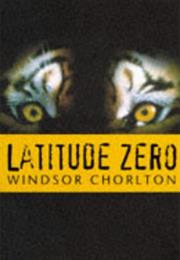

So I think that’s Elkin’s downfall as a novelist: he’s too damn sesquipedalian in this age of the decircumlocutious. This exhaustive style, in today’s hypertwitchy reading world, lends itself to the weary page-scan, the lazy skip-scan-skip until the dialogue kicks in or a paragraph break finally pops up from the descriptive shrubbery. The language was serpentine, maximal and gushed out like golden fonts from a tyke’s diaper (or nappy, if you’re British, which you aren’t, are you?) BUT. I adored the frenetic pace, the comedic chutzpah and cartwheeling craziness in the manner of Ishmael Reed or D. This frustrated and tickled me in equal measure. William Gass is a stylist, and he is not Jewish. Sipper wrote, "Elkin's trademark is to tightrope his way from comedy to tragedy with hardly a slip."Ībout the influence of ethnicity on his work Elkin said he admired most "the writers who are stylists, Jewish or not. "He was like a jazz artist who would go off on riffs," said critic William Gass. His language throughout is extravagant and exuberant, baroque and flowery, taking fantastic flight from his characters' endless patter. Characters take full precedence over plot.


Elkin's work revolves about American pop culture, which it portrays in innumerable darkly comic variations. His extravagant, satirical fiction revolves around American consumerism, popular culture, and male-female relationships.ĭuring his career, Elkin published ten novels, two volumes of novellas, two books of short stories, a collection of essays, and one (unproduced) screenplay. Stanley Lawrence Elkin was a Jewish American novelist, short story writer, and essayist.


 0 kommentar(er)
0 kommentar(er)
